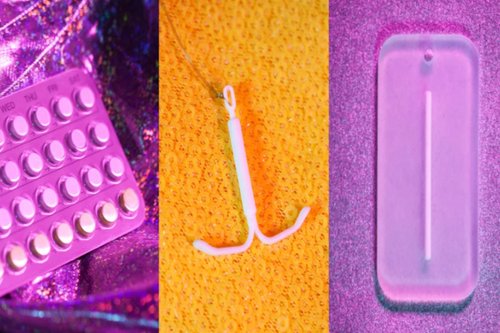Birth control In Nagpur

Birth control, also known as contraception or family planning, refers to methods or devices used to prevent pregnancy. The choice of birth control method depends on individual preferences, health considerations, and the desire for family planning. There are various forms of birth control, each with its own advantages, disadvantages, and effectiveness.
Choosing the right method of birth control depends on factors such as individual health, lifestyle, future family planning goals, and the desire for short-term or long-term contraceptive options. It’s advisable for individuals to consult with healthcare professionals to discuss and determine the most suitable method for their specific needs.
Types of birth control
Barrier Methods:
- Condoms: Male and female condoms are physical barriers that prevent sperm from reaching the egg.
- Diaphragm and Cervical Cap: These are barrier devices placed inside the vagina to cover the cervix, preventing sperm from reaching the egg.
Intrauterine Devices (IUDs):
- Hormonal IUDs: Devices inserted into the uterus that release hormones to prevent pregnancy.
- Copper IUDs: Devices that do not contain hormones but use copper to prevent sperm from fertilizing the egg.
Permanent Methods:
- Sterilization: Surgical procedures such as tubal ligation (for women) or vasectomy (for men) that permanently prevent pregnancy.
Emergency Contraception:
- Emergency Contraceptive Pills (Morning-After Pill): Medications taken after unprotected sex to reduce the risk of pregnancy.
Treatment of Hormonal Methods
Birth Control Pills (Oral Contraceptives): These pills contain hormones (estrogen and progestin) that prevent ovulation, thicken cervical mucus to block sperm, and make the uterine lining less receptive to a fertilized egg.
Birth Control Patch: This is a small adhesive patch that releases hormones through the skin to prevent pregnancy. It is usually applied to the skin once a week.
Birth Control Shot (Depo-Provera): This is an injection of progestin that provides protection against pregnancy for about three months.
Birth Control Implant (Nexplanon): A small rod is inserted under the skin of the upper arm, releasing progestin to prevent pregnancy for up to three years.
Birth Control Vaginal Ring (NuvaRing): This flexible ring is inserted into the vagina and releases hormones to prevent ovulation and thicken cervical mucus.
Treatment of Non-Hormonal Methods
Condoms: Male and female condoms provide a physical barrier that prevents sperm from reaching the egg.
Intrauterine Device (IUD): This is a small, T-shaped device inserted into the uterus. There are hormonal and non-hormonal (copper) IUDs that prevent pregnancy.
Birth Control Diaphragm: A flexible dome-shaped device inserted into the vagina to cover the cervix and block sperm.
Birth Control Sponge: A soft sponge containing spermicide that is inserted into the vagina to block and kill sperm.
Natural Family Planning (Fertility Awareness): Tracking menstrual cycles and avoiding intercourse during fertile periods.
